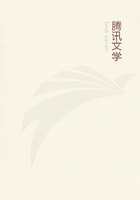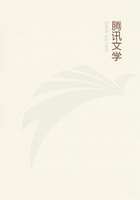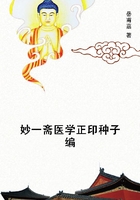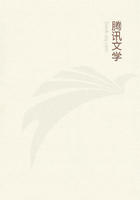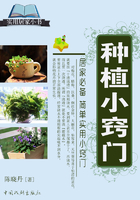Similarly there may be correct habits (conduct) without virtue, politeness without good-will, propriety without honour, etc.For where the moral law dictates, there is, objectively, no room left for free choice as to what one has to do; and to show taste in the way one carries out these dictates, or in estimating the way others do so, is a totally different matter from displaying the moral frame of one's mind.For the latter involves a command and produces a need of something, whereas moral taste only plays with the objects of delight without devoting itself sincerely to any.
Definition of the Beautiful derived from the First Moment.
Taste is the faculty of estimating an object or a mode of representation by means of a delight or aversion apart from any interest.The object of such a delight is called beautiful.
SECOND MOMENT.Of the Judgement of Taste:
Moment of Quantity.
SS 6.The beautiful is that which, apart from concepts, is represented as the Object of a universal delight.
This definition of the beautiful is deducible from the foregoing definition of it as an object of delight apart from any interest.
For where any one is conscious that his delight in an object is with him independent of interest, it is inevitable that he should look on the object as one containing a ground of delight for all men.For, since the delight is not based on any inclination of the subject (or on any other deliberate interest), but the subject feels himself completely free in respect of the liking which he accords to the object, he can find as reason for his delight no personal conditions to which his own subjective self might alone be party.Hence he must regard it as resting on what he may also presuppose in every other person; and therefore he must believe that he has reason for demanding a similar delight from every one.Accordingly he will speak of the beautiful as if beauty were a quality of the object and the judgement logical (forming a cognition of the object by concepts of it); although it is only aesthetic, and contains merely a reference of the representation of the object to the subject; because it still bears this resemblance to the logical judgement, that it may be presupposed to be valid for all men.But this universality cannot spring from concepts.For from concepts there is no transition to the feeling of pleasure or displeasure (save in the case of pure practical laws, which, however, carry an interest with them; and such an interest does not attach to the pure judgement of taste).
The result is that the judgement of taste, with its attendant consciousness of detachment from all interest, must involve a claim to validity for all men, and must do so apart from universality attached to objects, i.e., there must be coupled with it a claim to subjective universality.
SS 7.Comparison of the beautiful with the agreeable and the good by means of the above characteristic.
As regards the agreeable, every one concedes that his judgement, which he bases on a private feeling, and in which he declares that an object pleases him, is restricted merely to himself personally.
Thus he does not take it amiss if, when he says that Canary-wine is agreeable, another corrects the expression and reminds him that he ought to say: "It is agreeable to me." This applies not only to the taste of the tongue, the palate, and the throat, but to what may with any one be agreeable to eye or ear.A violet colour is to one soft and lovely: to another dull and faded.One man likes the tone of wind instruments, another prefers that of string instruments.To quarrel over such points with the idea of condemning another's judgement as incorrect when it differs from our own, as if the opposition between the two judgements were logical, would be folly.
With the agreeable, therefore, the axiom holds good: Every one has his own taste (that of sense).
The beautiful stands on quite a different footing.It would, on the contrary, be ridiculous if any one who plumed himself on his taste were to think of justifying himself by saying: "This object (the building we see, the dress that person has on, the concert we hear, the poem submitted to our criticism) is beautiful for me." For if it merely pleases him, be must not call it beautiful.Many things may for him possess charm and agreeableness-no one cares about that; but when he puts a thing on a pedestal and calls it beautiful, he demands the same delight from others.He judges not merely for himself, but for all men, and then speaks of beauty as if it were a property of things.Thus he says the thing is beautiful; and it is not as if he counted on others agreeing in his judgement of liking owing to his having found them in such agreement on a number of occasions, but he demands this agreement of them.He blames them if they judge differently, and denies them taste, which he still requires of them as something they ought to have; and to this extent it is not open to men to say: "Every one has his own taste." This would be equivalent to saying that there is no such thing at all as taste, i.e., no aesthetic judgement capable of making a rightful claim upon the assent of all men.

